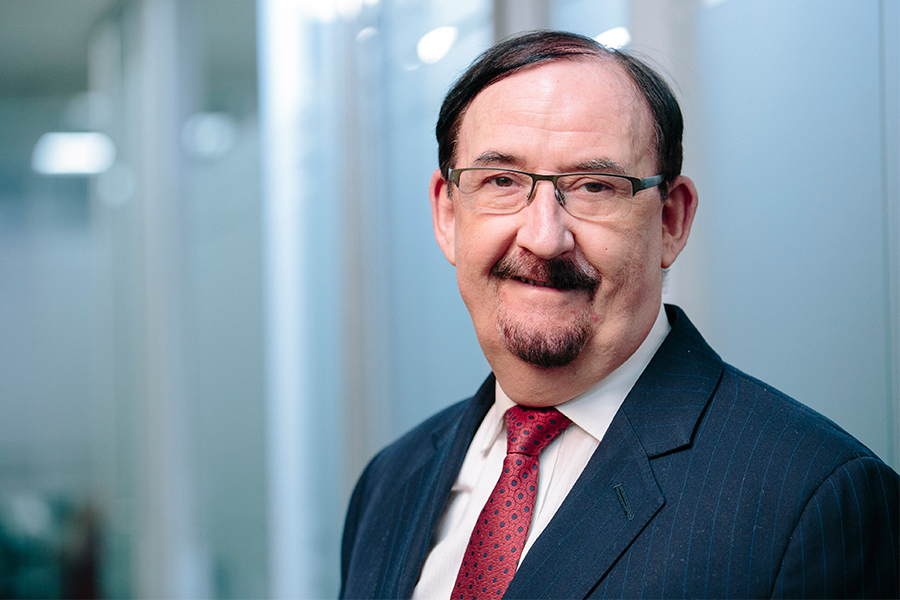The U of S was recently awarded $37.2 million in funding over seven years from the Canada First Research Excellence Fund—the single largest federal grant ever received by the university—to support research and technology designed to transform crop breeding and provide solutions to national and global food security.
The U of S was one of only five universities in Canada selected by an international board to receive funding under the new federal program. A total of 36 Canadian post-secondary institutions competed for up to $350 million in research funding.
"We are thrilled to be chosen for this major investment that will build on our university's renowned strengths in crop development, imaging technology and high-performance computing to transform Canada's capacity to produce food and help feed a growing world," said Karen Chad, vice-president research.
Well-positioned as one of the world's major hubs of food-related researchers, the U of S is partnering with four other Canadian universities, three international schools and more than 15 public and private organizations, including the National Research Council and Agriculture and Agri-Food Canada.
The research will involve experts in a variety of disciplines and facilities across campus, headed by the Global Institute for Food Security (GIFS), a research centre created by a public-private partnership that the U of S has with Potash- Corp and the Government of Saskatchewan.
With global population expected to reach 9.6 billion by 2050, GIFS Executive Director Maurice Moloney said that over the next 50 years farmers will need to produce more food than has cumulatively been grown since humankind emerged.
"This investment will provide us with a tremendous opportunity to create transformative techniques for crop development that will position Canada and the Global Institute for Food Security as world leaders in crop research for food security," Moloney said.
The U of S Global Institute for Water Security, Canada's only synchrotron at the Canadian Light Source, and the cyclotron at the Sylvia Fedoruk Canadian Centre for Nuclear Innovation will also be involved, as well as researchers from the Colleges of Agriculture and Bioresources, Engineering, Pharmacy and Nutrition, Veterinary Medicine, and Arts and Science.

Taking on the challenge of feeding the world
University of Saskatchewan researchers are working to find innovative solutions to feed an ever-growing global population.